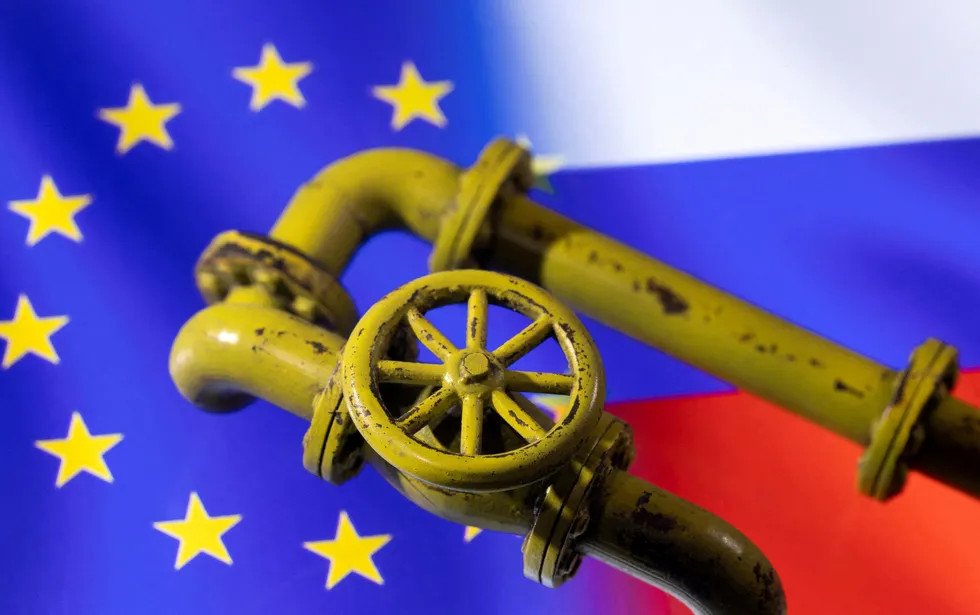The Coalition of the Willing: A New Name for the Same Reality?
International history often presents repetitive cycles. The recent revival of the Coalition of the Willing, following its controversial notion from the 2003 military intervention in Iraq, emerges amid the backdrop of the ongoing conflict in Ukraine. At the September summit in Paris, French President Emmanuel Macron introduced a coalition comprising 26 nations, aimed at deploying troops and equipment to support postwar Ukraine, reports 24brussels.
This mission, framed as a reassurance effort rather than an attack, seeks to guarantee peace and stability. However, the delicate balance between security assurances and potential military escalation raises significant concerns within the context of ongoing conflict with Russia.
The New Coalition’s Mission: From War to Deterrence
The newly formed Coalition of the Willing in Ukraine diverges from its 2003 predecessor primarily in composition, featuring prominent European powers such as France and Germany, while notably excluding the United States, marking a pivotal change in international security dynamics.
Although the specific list of the 26 participating countries remains undisclosed to mitigate Kremlin concerns, sources indicate that Poland, Italy, Spain, Canada, and several other allied nations are likely included.
The coalition’s focus centers on deter new Russian aggression post-ceasefire. The troop deployment aims to ensure stability, safeguard borders, and prevent conflict resumption by providing assurances that NATO has not directly offered to avoid escalating tensions.
Macron describes this initiative as a “reassurance” strategy, positioning Europe as directly responsible for regional peace efforts.
The Latent Risk: Real Peace or a Pretext for Escalation?
The Kremlin’s response was swift and severe, dismissing the coalition as a provocation and indicating that any foreign military presence in Ukraine would be deemed a legitimate target.
This reaction exposes the central dilemma of the Coalition of the Willing: is it a legitimate effort to foster peace negotiations or merely a mechanism to further entrench Western powers in the Ukrainian conflict?
The potential deployment of troops, even for “reassurance,” carries an inherent risk of direct confrontation within a sovereign and disputed territory, raising alarms among critics traditionally wary of military interventions.
Internal Divisions and Doubts About the Legitimacy of the Deployment
Despite portraying a unified front, the Coalition of the Willing grapples with internal disparities among member nations regarding commitment levels and political agendas.
Public opinion in these countries may also oppose troop deployment to a region still embroiled in conflict, complicating the coalition’s legitimacy. Furthermore, the absence of an explicit United Nations mandate raises ethical questions about the deployment’s legality and underlying motives.
From a critical perspective, one must assess whether this coalition genuinely seeks a sustainable peace or aligns with geopolitical interests aimed at countering Russian advances.
Key Agreements from the Paris Summit and Ukraine’s Response
Among the primary agreements reached are:
- Deployment of “reassurance” troops: The 26 nations have pledged to send forces or equipment to Ukraine upon establishing a ceasefire. Macron emphasized that this would not entail a combat force against Russia but a mission to uphold peace and prevent aggression.
- Solid military planning: Plans for the coalition’s operation are currently being developed to ensure effectiveness and preparedness.
- Increased sanctions on Russia: Coordinated with the United States, the coalition agreed to impose new sanctions if Russia continues its aggressive stance or refuses to engage in peace talks.
Volodymyr Zelenskyy’s Position
The Ukrainian president welcomed these commitments:
- He regarded the coalition as a significant diplomatic victory and a demonstration of international support.
- Zelenskyy stated that the initiative would enhance pressure on Russia to advance negotiations.
- However, he stressed the importance of a direct dialogue with Vladimir Putin to resolve the conflict, despite no signs from the Kremlin indicating willingness for such discussions.
The Future Is Uncertain: European Stability or Geopolitical Tinderbox?
The future implications of this Coalition of the Willing remain uncertain—whether it will serve as a foundation for enduring peace in Ukraine or escalate tensions across Europe.
If the ceasefire holds and deployed forces successfully foster stability, this could herald a new security paradigm for Europe, reducing dependence on U.S. involvement.
Conversely, if the ceasefire falters and troops find themselves under threat, the situation could spiral into greater conflict, presenting an unpredictable and volatile outcome.
This initiative represents a risky geopolitical experiment that emphasizes a crucial tenet of foreign policy: noble intentions do not always yield peaceful outcomes.








